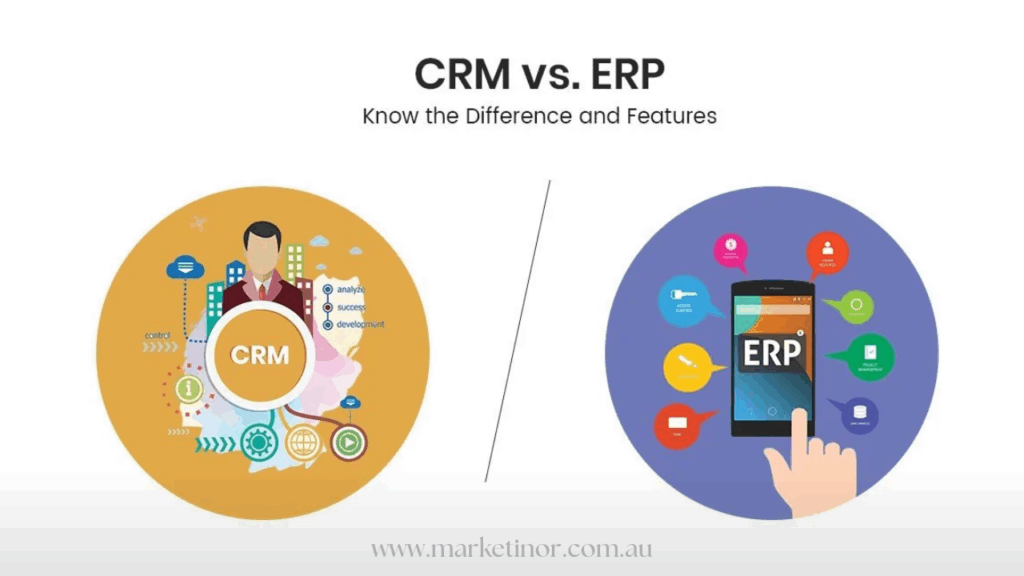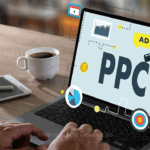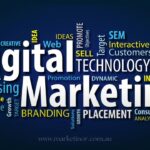In today’s digital world, choosing the right business software can either make your life a lot easier—or a lot more complicated. Two of the most common tools people talk about are ERP and CRM systems. If these acronyms have been floating around your workplace or LinkedIn feed, you’re not alone. The confusion is real.
Let’s break it down in plain English, using real-world examples, so you can confidently decide what your business truly needs—and why.
🧩 What is an ERP System?
ERP stands for Enterprise Resource Planning. Think of it as your business’s internal engine. It’s a software that integrates key back-office functions like:
-
Accounting
-
Inventory Management
-
Human Resources
-
Supply Chain
-
Procurement
Imagine running a mid-sized manufacturing company. Without ERP software, your inventory team tracks supplies in spreadsheets, your finance team uses a separate accounting tool, and HR manages employee records manually. Everything is scattered. You waste time, money, and data slips through the cracks.
An ERP system pulls all that information into one dashboard. Everyone works from the same system, which means fewer errors and better decisions.
🚀 What is a CRM System?
CRM stands for Customer Relationship Management. While ERP handles the internal side of business, CRM software focuses on the external—your customers.
It helps businesses:
-
Track leads and prospects
-
Manage customer relationships
-
Schedule follow-ups
Get expert help with your CRM
-
Monitor sales pipelines
-
Automate marketing campaigns
Let’s say you run a growing digital marketing agency (like our favorite team at Marketinor PTY Ltd 👋). You’re getting leads through your website, email campaigns, and social media—but you’re still logging them in Excel. You forget to follow up, miss opportunities, and lose track of who’s who.
That’s where a powerful CRM tool like Marketinor’s White Label CRM comes in. It centralizes all your customer interactions so your team can close more deals without working harder.
🔍 The Key Difference: ERP vs CRM
The main difference? ERP focuses on running the business, while CRM focuses on growing the business.
| Feature | ERP System | CRM System |
|---|---|---|
| Purpose | Streamline operations | Boost sales & customer engagement |
| Focus Area | Back office | Front office |
| Users | Finance, HR, inventory teams | Sales, marketing, support teams |
| Key Benefit | Efficiency | Revenue growth |
Here’s a simple analogy:
ERP is the kitchen, making sure all ingredients are there and the food is cooked right. CRM is the waiter, making sure the customer is happy and comes back again.
🛠 When Do You Need an ERP System?
You likely need an ERP solution if:
-
You have more than one department (HR, finance, operations)
-
Your team complains about doing double data entry
-
Your inventory or finances are hard to track
-
You want to scale your business without hiring dozens more staff
ERP systems are often adopted by manufacturers, retailers, construction companies, and wholesale distributors who need to manage large and complex operations.
💡 When Do You Need a CRM System?
You should invest in a CRM system if:
-
You’re struggling to keep up with customer inquiries
-
You want to automate follow-ups and sales emails
-
Your sales pipeline is messy or non-existent
Get expert help with your CRM
-
Your team forgets who they last called or what was said
In short, if customers are slipping through the cracks, CRM software is the answer.
Even solo entrepreneurs can benefit, but it’s especially powerful for:
-
Marketing agencies
-
Real estate firms
-
B2B service providers
-
E-commerce brands
✅ Step-by-Step: Choosing Between ERP and CRM
If you’re still unsure, use this simple guide:
Step 1: Audit Your Needs
Do you have issues in operations (inventory, payroll, etc.) or sales and marketing (leads, follow-ups, conversions)?
Step 2: Identify the Bottleneck
Are your biggest problems internal efficiency or customer growth?
Step 3: Think Long-Term
Do you plan to scale? Will more departments benefit from one integrated system?
Step 4: Choose Wisely—or Combine Both
Here’s a secret: many businesses eventually use both ERP and CRM systems. Some platforms even offer integrated ERP + CRM solutions.
✨ Real-Life Story: Meet Alex from Melbourne
Alex owns a boutique skincare business in Melbourne. Her products were selling well, but she couldn’t keep track of customer orders, follow-ups, or stock. Her accountant used a different tool, and her support emails were buried in Gmail threads.
After implementing a CRM system from Marketinor and connecting it with a basic ERP tool, her world changed. She could track customers, send automated promotions, and her warehouse team knew what to pack. Profits soared. Stress dropped.
Moral of the story? The right tools work.
Get expert help with your CRM
🎯 Why Choose Marketinor’s White Label CRM?
Not all CRM platforms are created equal. If you’re looking for a powerful, customizable, and affordable CRM tool, look no further than Marketinor’s White Label CRM.
Here’s why it stands out:
-
White-labeled with your brand—look professional to clients
-
Built-in sales and marketing automation
-
Perfect for agencies, coaches, and service providers
-
Affordable monthly plans
-
Expert local support from a trusted Australian team
Plus, it’s developed by Marketinor PTY Ltd—a marketing agency that actually understands the needs of modern business owners.
🏁 Final Thoughts
Choosing between ERP vs CRM doesn’t have to be overwhelming.
-
If your focus is on streamlining internal workflows and reducing operational chaos—go with ERP software.
-
If your goal is to attract more leads, close more sales, and improve customer relationships—CRM software is your best bet.
And if you’re in marketing, real estate, coaching, or any B2B service, start strong with a CRM that’s designed to make client interactions easy and productive.
👉 Get started with Marketinor’s CRM and watch your business grow, client by client.
Need help deciding?
Reach out to the team at Marketinor PTY Ltd. They’ll guide you through the process and make sure you get the solution that’s best for your business—not a one-size-fits-all package.











